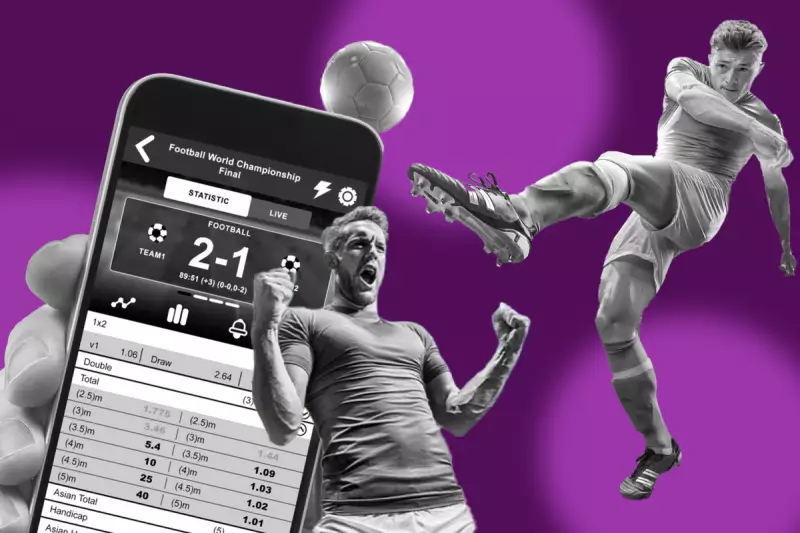
In a seismic shift for football sponsorship, UEFA has declared a decisive crackdown on gambling advertisements within its premier competitions. The governing body has confirmed a sweeping ban on betting company sponsorships appearing on matchday shirts for all UEFA tournaments, including the prestigious Champions League, Europa League, and Europa Conference League.
The new regulations will be implemented in a two-stage process. The first phase, effective from the start of the 2023/24 season, prohibits gambling firms from advertising on stadium boards, pitch-side LED systems, and any other perimeter advertising during UEFA matches. This immediate action significantly reduces the visibility of betting brands during live broadcasts.
The End of an Era for Shirt Sponsorships
The most impactful change arrives for the 2024/25 season. From that point onward, clubs competing in any UEFA-organised competition will be expressly forbidden from displaying gambling company logos on their playing kits. This move severs a lucrative revenue stream for many clubs who have long relied on deals with betting firms.
This landmark decision follows a broader trend across European football. Italy has already enforced a complete ban on gambling sponsorships, while Spain has implemented heavy restrictions. The UK government's recent white paper on gambling reform also proposed stricter measures, though it stopped short of an outright ban, suggesting a voluntary front-of-shirt sponsorship withdrawal by Premier League clubs.
UEFA's Statement and Ethical Standpoint
A UEFA spokesperson articulated the organisation's stance, stating the ban aligns with its commitment to promoting "health, wellbeing, and dignity" and reinforces its "zero-tolerance policy against gambling addiction". This positions UEFA at the forefront of a movement to distance the sport from an industry associated with potential harm.
The announcement has sent shockwaves through the football industry, particularly affecting clubs with existing lucrative deals with betting companies. They now face a pressing timeline to secure alternative sponsorship arrangements before the 2024/25 deadline. This ruling marks a pivotal moment, fundamentally altering the commercial landscape of European football and its relationship with the gambling sector.





